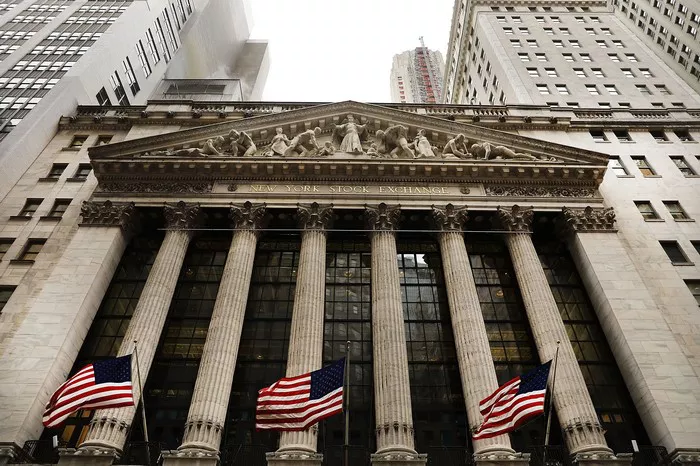Warren Buffett’s Berkshire Hathaway Inc. has reduced its stake in Bank of America Corp. (BAC) to 9.99%, allowing the billionaire investor to take a more leisurely approach to disclosing trades. This reduction comes after a series of sales that began in mid-July, which have collectively generated around $10.5 billion in profits from Berkshire’s long-term investment in the bank.
Under U.S. regulations, Buffett was previously required to disclose any trades within a few days due to his stake exceeding the 10% threshold. However, with his holding now below that level, he is permitted to provide updates on his stake on a quarterly basis, potentially leaving other shareholders unaware of any further sales for months. This change could alleviate some market anxiety surrounding the ongoing sell-off.
Scott Siefers, an analyst at Piper Sandler, noted in a recent report that crossing below the 10% threshold may lift a psychological burden for investors, possibly enabling Bank of America’s stock to gain momentum again. Prior to these sales, Bank of America was the top performer in the KBW Bank Index as of mid-July but has since dropped to the second-worst performer in that index.
In the latest round of disposals, Berkshire sold approximately $382.4 million worth of Bank of America shares over three days. Buffett, 94, has not publicly explained his reasons for scaling back the investment, which had long been viewed as a vote of confidence in Bank of America CEO Brian Moynihan. Berkshire initially invested $5 billion in the bank in 2011 and sought Federal Reserve approval in 2019 to increase its holding beyond the 10% mark.
Despite the reductions, Berkshire remains Bank of America’s largest shareholder, with its stake now valued at about $31 billion based on the latest closing price. Notably, the recent sales have already allowed Berkshire to recoup more than its original investment in the bank.
Related topics:


